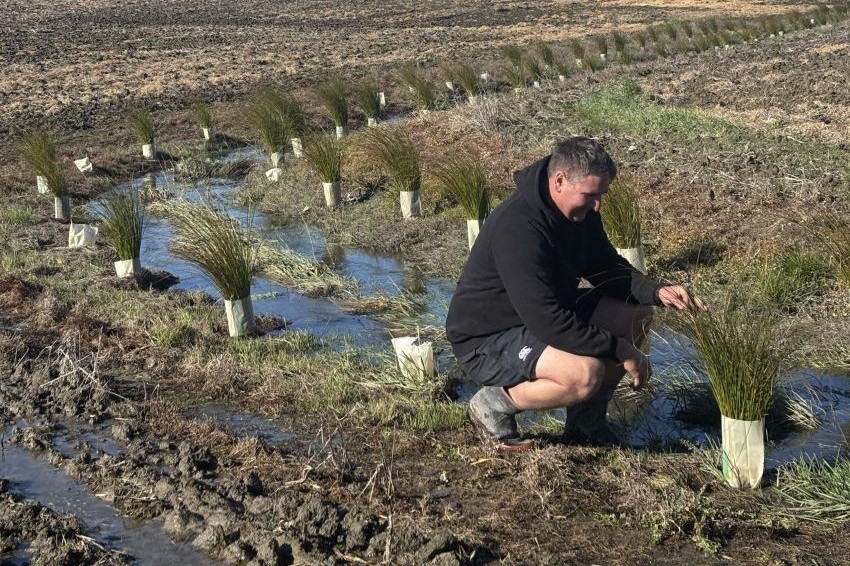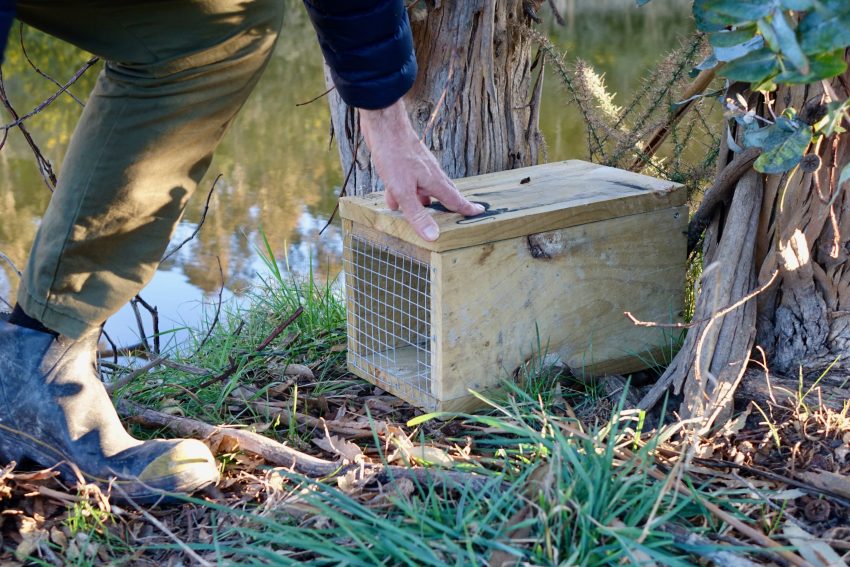WHAT’S THE END GAME? INNES Moffat Deer Industry New Zealand chief executive asks He Waka Eke Noa.
“In the absence of technologies that farmers can adopt to reduce their emissions of methane and nitrous oxide, it’s unclear what a carbon price on venison and velvet will achieve. What’s its purpose?”
The deer industry is fully supportive of reducing GHG emissions, Moffat says, and that needs to happen using a price mechanism that incentivises methane reductions while retaining profitability.
Deer farming, which contributes an estimated 1.6% of NZ’s agricultural emissions, will be one of the pastoral industries hit hardest by He Waka’s proposed pricing options. Under the farm-level levy a South Island deer farm would pay an annual emissions price of $11,305, reducing EFS by 5%. It’s the third highest annual price: a Canterbury dairy farm is estimated at $12,966 and large-scale Maori agribusiness sheep and beef farms $12,774-$22,451.
Under the processor-level hybrid levy a South Island deer farm faced an estimated financial penalty of $5903 and a 2.6% cut in economic farm surplus.
The financial hit is a great irony, considering most NZ deer are raised in low-input extensive farming systems, in which farmers have very little ability to reduce the use of fertiliser or imported feed as a way to reduce their GHG emissions, Moffat says. Of equal concern is the methodology used to calculate the He Waka figures which Moffat says are not reflective of a real farm situation. For this reason, DINZ has sought expert advice on the He Waka options, engaging AgFirst to study the implications of the pricing proposals on four case study deer farms.
“These are real farming systems. They range from dry Hawke’s Bay to mixed livestock Canterbury and High Country farms. Some have limited opportunity for sequestration, and some have no opportunity.”
The goal was to have a solid bank of information to inform debate during the February consultation.
“There is clearly a climate crisis being caused by increased levels of GHGs in the atmosphere as a result of human activity. As producers of healthy high quality proteins for discerning international markets we obviously should play our part in reducing emissions.
“But we need to keep this in proportion. Climate change is principally being driven by the burning of fossil fuels and the destruction of rainforests in the tropics.”
DINZ is a He Waka partner but a “small voice” around the table, and not a member of the steering group.





